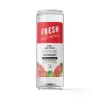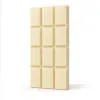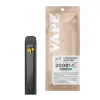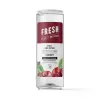Within the world of cannabinoids, delta 9 products have long reigned supreme, but a new contender has risen, threatening to take the king’s crown. THCA, or tetrahydrocannabinolic acid, is a precursor to delta 9 THC, but in its raw form, this cannabinoid acid is not psychoactive, making it legal higher concentrations in the United States.
This means THCA can give users like yourself the same high as THC, and with less red tape to navigate when it comes to acquiring it legally, more and more cannabis users are beginning to flock to THCA products.
But how exactly does THCA turn into THC, anyways? And are there any differences in the highs between THCA and delta 9? Does the fact that these compounds are hemp-derived make them less potent than marijuana?
Well, that’s what you’re here to find out.

Understanding Hemp-Derived Delta 9
Delta-9-tetrahydrocannabinol (THC) is a well-known cannabinoid sourced from both marijuana and hemp plants. When derived from hemp, delta 9 THC contains lower levels of THC compared to marijuana-derived THC. This is due to legal regulations, but we’ll get into that later.
Delta 9, or THC, is the cannabinoid most people think of when they think of cannabis’s psychoactive effects — that relaxation, those giggles, and most definitely those munchies, are some of the plant’s most well-known benefits, and they mainly come from THC.
But hemp and marijuana plants are different types of cannabis solely due to their THC concentrations, with hemp containing no more than 0.3% THC on a dry-weight basis and marijuana greatly exceeding that threshold, so how is it possible to get usable amounts of delta 9 from hemp?
How Hemp-Derived Delta 9 is Sourced
Hemp may not contain that much THC, but it’s packed with CBD. Some hemp strains are even cultivated specifically to contain lower THC levels while maintaining higher cannabidiol, or CBD, concentrations. These strains are grown under strict regulation to ensure compliance with legal requirements.
But what does CBD have to do with THC? They’re different cannabinoids with different effects!
Well, we’ll let you in on a little secret. Most cannabinoids, and certainly all popular cannabinoids, are isomers. This means that these compounds have the same formula with different arrangements of atoms in the molecule.
In simpler words, THC and CBD contain all the same elements. Their different arrangements are what give them different effects from one another. Through a process called isomerization, chemists are able to rearrange the molecules in one compound to effectively convert it into another.
And voilà! You've got THC from CBD. Who says science isn't cool?
Why is Delta 9 So Popular?
Delta 9 THC is renowned for its psychoactive effects, eliciting sensations of euphoria, relaxation, and altered perception in users.
These effects are often sought by individuals seeking a recreational high or those looking for potential therapeutic benefits, such as:
-
Pain relief
-
Stress reduction
-
Mood enhancement.
However, due to its psychoactive nature, some users may experience increased heart rate, anxiety, or impairment in cognitive function when consuming delta 9 THC.
Delta 9: Strength & Potency
In terms of strength and potency, hemp-derived delta 9 THC might have varying effects depending on factors such as dosage, individual tolerance, method of consumption, and product purity.
Compared to other cannabinoids, delta 9 is stronger than HHC products, delta 8 products, and delta 10 products, only outshined by THCP products and their gargantuan strength.
In essence, if you’ve ever smoked (or eaten) weed, you’ve experienced a delta 9 high. And if you use cannabis frequently, you know that the potency of each product depends on its concentration, your tolerance to THC, and how you consume it.
Understanding THCA
THCA’s most important role is as the precursor to THC. All THC starts off as THCA. Let us explain.
In its raw form, tetrahydrocannabinolic acid (THCA) is non-intoxicating and abundant in live cannabis plants. It doesn't induce the psychoactive effects associated with THC until it undergoes a process called decarboxylation, which entails exposure to heat, whether through vaping, smoking, or baking.
On a chemical level, decarboxylation removes a carbon atom from THCA’s carbon chain, essentially burning off what makes THCA an acid and turning it into THC. After the process occurs and THCA transforms into THC, the compound has the same exact effects of delta 9.
After all, it becomes the same exact compound!
Raw THCA: The Effects
When consumed in its raw form, THCA doesn't induce the euphoric "high" commonly associated with THC. Instead, it's believed to offer potential therapeutic benefits, including anti-inflammatory, neuroprotective, and antiemetic properties.
Some research suggests it may assist in managing certain medical conditions without the intoxicating effects of THC.
Because THCA doesn't make users high when consumed in its raw, unheated form but still has therapeutic benefits, raw THCA can be used by those who want the benefits of cannabis without the psychoactive effects commonly associated with the plant, while those who seek those same psychoactive effects can find them by heating it up via smoking or vaping THCA.
It’s the best of both worlds!
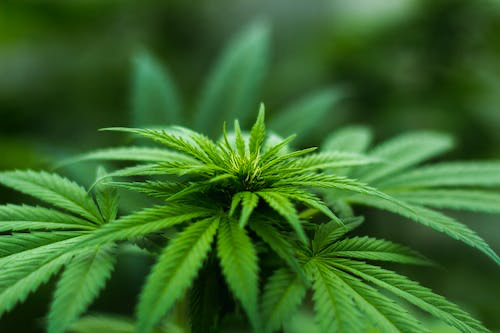
THCA: Strength & Potency
The strength and potency of raw THCA obviously differs significantly from its decarboxylated form, THC.
THCA itself does not produce the typical intoxicating effects associated with THC due to its non-psychoactive nature. However, its potential medicinal effects and strength in addressing specific health issues are still under scientific exploration.
When activated via decarboxylation, THCA possesses the same strength and potency and regular delta 9, or THC.
Comparative Analysis: Strength and Effects
When comparing decarboxylated THCA and delta 9 THC, there are no differences between the two compounds. THCA converts into delta 9 THC when heated, and thus becomes the same compound with the same strengths and effects.
Raw, unheated THCA, however, does differ from delta 9, with the main difference being that THCA in its raw form does not cause psychoactive effects but may still potentially benefit the body in other ways.
Psychoactive Effects:
-
Delta 9 THC: Known for its psychoactive properties, delta 9 THC induces a high characterized by altered perception, euphoria, and relaxation. Its potency often varies depending on the product's concentration.
-
THCA: When unheated, THCA produces no psychoactive effects and thus doesn’t induce a high. However, when exposed to heat through smoking or vaping, it converts into THC, producing psychoactive effects.
Duration of Effects and Onset Times:
-
Delta 9 THC: The effects of delta 9 THC typically onset within minutes to an hour, peaking after an hour or two, and lasting for a few hours, depending on the dosage and individual tolerance.
-
THCA: The onset and duration of THCA’s effects in its raw form are limited. When decarboxylated, its conversion to delta 9 THC makes the duration of its effects and onset time the same as delta 9’s.
Comparison Table:
|
Aspect |
Delta 9 THC |
Raw, Unheated THCA |
THCA Turned THC |
|---|---|---|---|
|
Strength |
Psychoactive and potent |
Non-psychoactive in raw form |
Psychoactive and potent |
|
Psychoactive Effects |
|
Typically non-psychoactive, activates when heated |
|
|
Duration of Effects |
Few hours depending on dosage and consumption method |
Few hours depending on dosage |
Few hours depending on dosage and consumption method |
|
Onset Time |
Quick onset, peaks in an hour or so |
Delayed onset in raw form |
Quick onset, peaks in an hour or so |
Legal Considerations
Navigating the legal landscape surrounding hemp-derived delta 9 THC and THCA is crucial for users seeking specific effects while staying within legal boundaries. Understanding these legal nuances enables informed decisions aligned with personal preferences and regional regulations.
Hemp-Derived Delta 9 THC: The Legal Status
Delta 9 THC sourced from hemp is federally legal in the United States as per the 2018 Farm Bill, provided it contains less than 0.3% THC by dry weight. The legality of hemp-derived delta 9 THC enables its production, sale, and use in various products, including edibles, tinctures, and topicals, in compliance with federal regulations.
However, while federally legal, some states might have stricter regulations or may not permit the sale or possession of delta 9 THC products, so checking local laws is essential.
THCA: The Legal Status
THCA, in its raw form, is non-psychoactive and typically found in live cannabis plants. As it doesn't induce intoxication without decarboxylation, it's often viewed as legal due to its lack of psychoactive properties.
Unlike delta 9 THC, THCA concentrations in hemp plants aren't limited to 0.3% under the Farm Bill, meaning that hemp plants can contain far more THCA than they can delta 9. But, upon smoking or vaping, the THCA is decarboxylated, effectively converting into delta 9 THC.
This legal loophole makes THCA 100% real, 100% legal weed!
That said, the legal status of THCA can vary based on regional laws governing raw cannabis or cannabis products. In most cases, raw cannabis is considered legal to possess and use for personal consumption but may differ in terms of commercial distribution or sale.
Safety and Health Implications
Examining the safety and health implications of hemp-derived delta 9 THC and THCA is paramount, especially concerning potential risks and recommended usage.
Research suggests that delta 9 may induce short-term side effects such as dry mouth, increased heart rate, impaired cognitive functions, and in some cases, heightened anxiety or paranoia, particularly in higher doses or sensitive individuals.
It's advised to start with lower doses and understand personal tolerance levels when consuming delta 9 THC products. Additionally, as with any cannabinoid product, users are encouraged to consult healthcare professionals and adhere to recommended dosages to minimize potential risks.
Medical opinions and scientific studies provide valuable insights into cannabinoid use. While ongoing research aims to unravel the therapeutic potential and safety profiles of delta 9 THC and THCA, individual reactions to these compounds may vary.
Users are advised to consider personal health conditions, medication interactions, and consult healthcare providers before integrating these cannabinoids into their wellness routine.
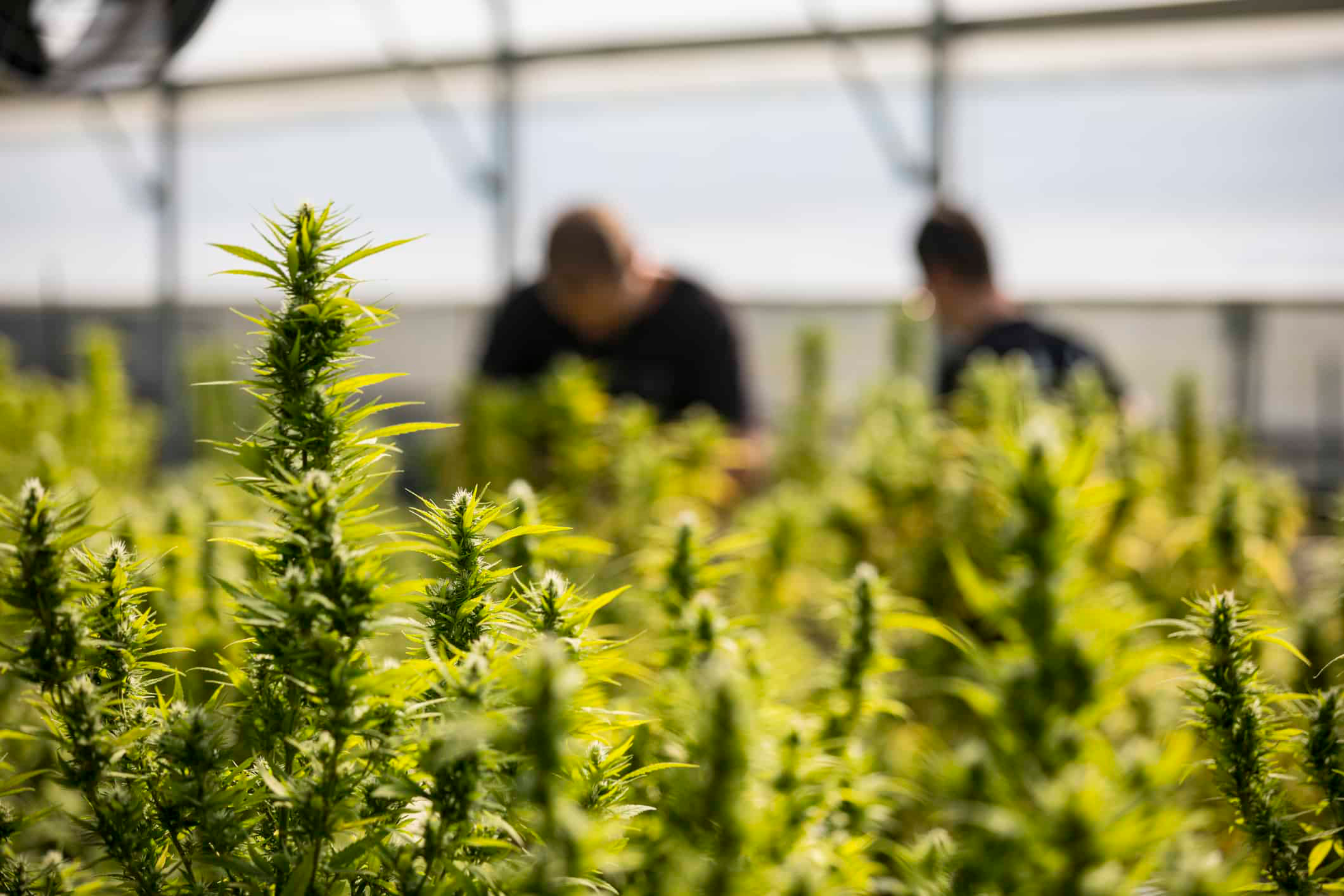
User Experiences and Testimonials
User experiences and testimonials regarding hemp-derived delta 9 THC and THCA often vary based on individual preferences and tolerance levels. Individuals using delta 9 THC products commonly report diverse experiences.
Some users note a sense of relaxation, euphoria, or heightened sensory perception, while others may experience adverse effects like increased anxiety or paranoia, especially with higher doses.
Positive accounts often highlight enhanced creativity, stress relief, and pain management, but individual responses can significantly differ.
On the other hand, THCA, when consumed in its raw form, tends to garner feedback focused on its non-psychoactive nature.
Users describe subtle therapeutic effects, such as potential relief from inflammation, mild pain reduction, and an overall sense of well-being without experiencing the typical 'high' associated with THC.
Testimonials often emphasize its potential as a wellness supplement, especially for those seeking relief without significant mental alteration.
While individual experiences with delta 9 THC and THCA may differ, these testimonials highlight the variance in effects between the two compounds. Delta 9 THC users often seek its psychoactive effects for recreational or medicinal purposes, while THCA users appreciate its non-intoxicating properties for potential therapeutic benefits.
These user accounts underscore the importance of personal preference and desired outcomes when choosing between these cannabinoids.
Delta 9 vs THCA: Frequently Asked Questions
Navigating the world of cannabinoids can raise numerous questions, especially concerning hemp-derived delta 9 THC and THCA. Understanding the nuances between these compounds, their effects, legality, and safe usage is crucial for informed decision-making.
Here, we address some of the frequently asked questions to shed light on the distinctions, potential health implications, legal considerations, and recommended practices associated with hemp-derived delta 9 THC and THCA.
What are the primary differences between hemp-derived delta 9 THC and THCA?
Hemp-derived delta 9 THC is the psychoactive compound known for inducing a high, while THCA, primarily found in raw cannabis, is non-psychoactive and requires decarboxylation to convert into THC. After the decarboxylation process, THCA becomes THC, meaning there are no discernible differences between the two.
Is hemp-derived delta 9 THC legal?
The legal status of delta 9 THC derived from hemp varies across regions. While federally legal if containing less than 0.3% THC, states might regulate its sale and use differently.
What distinguishes the effects of delta 9 THC and THCA?
Delta 9 THC typically induces psychoactive effects such as euphoria and relaxation, while THCA, in its raw form, is non-intoxicating and is primarily associated with potential therapeutic benefits.
Are there health risks associated with consuming these compounds?
Delta 9 THC may have adverse effects like increased anxiety or paranoia, especially at higher doses. THCA generally has minimal side effects but can cause dry mouth or fatigue in some users.
What are the recommended usage and dosages for Delta 9 THC and THCA?
Dosage recommendations for both compounds can vary widely. It's advisable to start with low doses and gradually increase while closely monitoring individual tolerance and response. When consuming cannabinoid products, it’s always best to read and follow individual product packaging dosages.
Closing Insights: Understanding Delta 9 THC and THCA
The comparison between hemp-derived delta 9 THC and THCA underscores their distinct properties and effects.
In summary, delta 9 THC is the compound frequently conjured when discussing the psychoactive effects of THC, and while THCA in its raw form is non-psychoactive, it converts into delta 9 THC when heated.
Choosing between hemp-derived delta 9 THC and THCA should consider individual preferences, including desired effects, legal considerations, and health implications. Users seeking a psychoactive experience might prefer delta 9 THC, while those interested in potential therapeutic benefits without the high may find raw THCA more suitable.
Ultimately, the choice between hemp-derived delta 9 THC and THCA should align with one's specific needs, health considerations, and desired outcomes, keeping in mind the differences in effects, legal status, and potency inherent in each compound.



